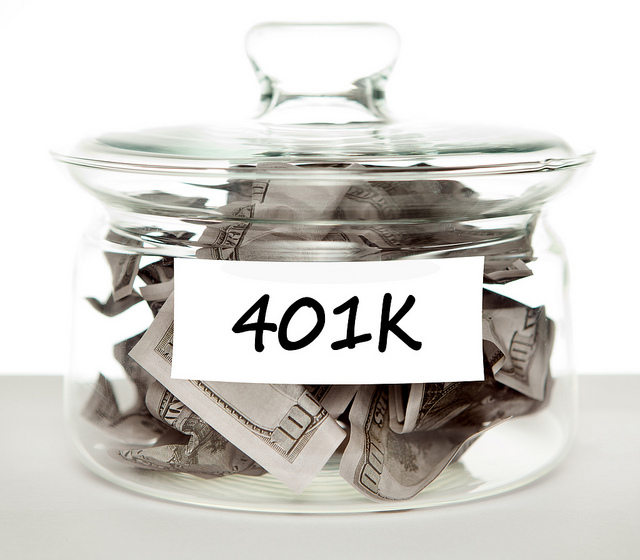No matter which country you live in, planning for retirement is essential. When you live in the US, that means making plans for your 401k. However, the following guidelines are helpful no matter where you live (with a few adjustments, of course). So, when should you start making contributions to your retirement fund?
How much do you need?
When you’re young, retirement is conveniently far away. You think it’s something to put in a box and not worry about until you’re old. Not so. The earlier you start planning for your retirement, the less of a struggle it will be as you get older. But how do you start planning?
The first step is to work out how much you will need when you retire. This can be tricky when you’re in your twenties or thirties, however, think about when you want to retire, and how long you will need your retirement funds to last. Try using a retirement calculator to help with this. You can learn more about planning for your own retirement by clicking here.
What other debts do you have?
It’s also a good idea to look at your current debt situation before you start putting funds away for your retirement. It’s generally recommended that if your employer matches 401k contributions, make sure you put in enough to get that match, even if you are in debt.
Next, look at the kind of debt you have. If you have credit card debt or loans with interest in the double digits, pay that off before putting more money towards your retirement.
Why should you contribute?
Nowadays, we are all responsible for our own retirement. It’s unfortunate, but we cannot just rely on employer contribution and government funds (such as Social Security) when we retire. This is why it’s important to plan for your retirement and make extra contributions when possible.
Putting extra into your retirement throughout your life will not only boost your total retirement fund, but it will also help to boost your annual return through the years (higher amounts in your retirement fund can grow faster than smaller amounts).
Work out a ratio
To make saving easier, it can help to work out a save/spend ratio. There are a number of recommended ratios out there, but in the end, you should really only choose one that works for you. This will depend on how much you make, how much you owe, and how much you can afford to save.
Some people recommend a save/spend ratio of 50/50, however this can be difficult to achieve, especially when you have responsibilities such as a mortgage and kids. A ratio of 25/75 may be easier, but even if you only manage 10/90, it’s better than nothing, and can improved on later.
Divvying up your savings
Once you’ve worked out how much you can save, it’s time to work out where to put those savings. A good priority could be:
- Contribute to a 401k up to the employer match cap.
- Build up your personal savings so you have an emergency fund of six months’ living expenses.
- Max out an Individual Retirement Account (IRA).
- Max out your company 401k.
- Invest any remaining savings in an investment that works for you.
If you’re not based in the US, check out the best ways to make the most of your retirement. It can be a good idea to speak to a retirement or tax professional, as they will be able to advise you on your best course of action.
Will I be able to access my money?
Putting away extra money in your retirement fund will usually mean it’s locked away, and penalties will apply if you want to withdraw it. This is a great way to avoid spending those funds on unnecessary purchases, however, before you invest, make sure you don’t need it.
Image Credit: http://www.fortiphi.com/





